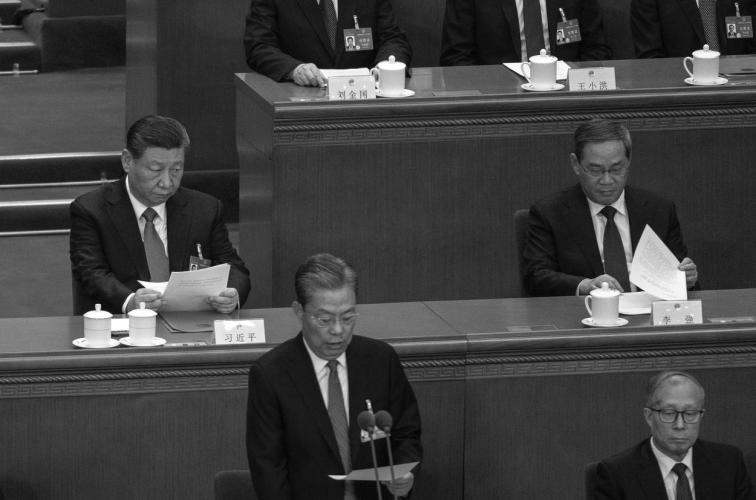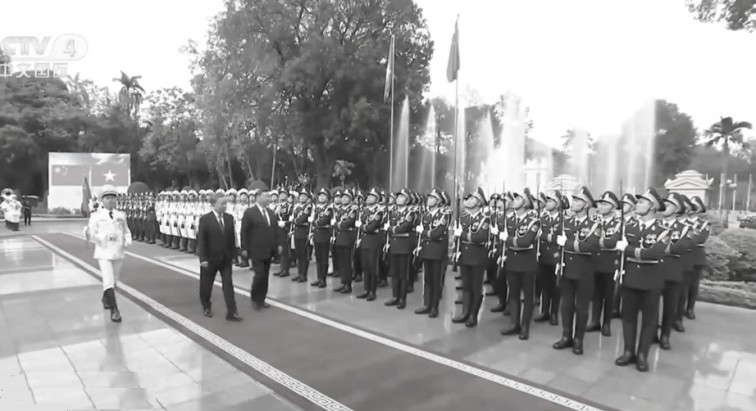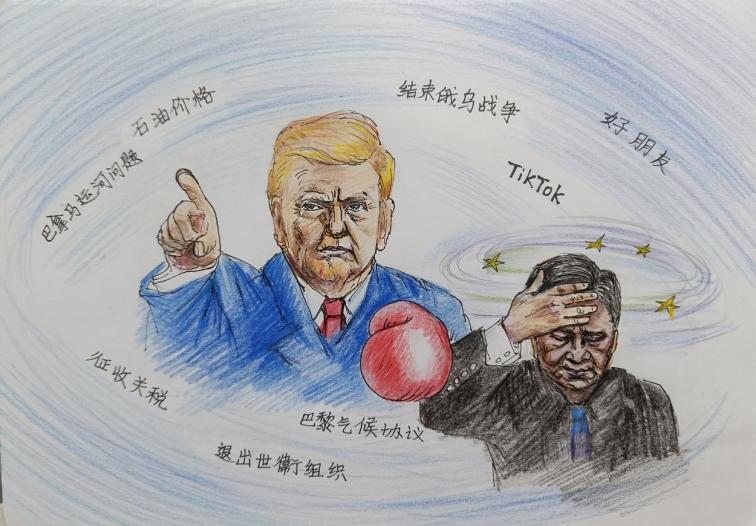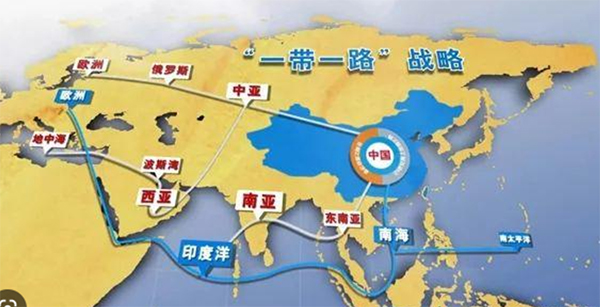The Chinese Communist Party (CCP) uses American campuses to control students who exercise freedom of speech at universities. (Dajiyuan, Getty Images)
[People News] On April 28, the International Consortium of Investigative Journalists (ICIJ) published a transnational investigation titled "China's Target", which exposes the global strategy employed by Beijing to suppress overseas dissidents and the methods they use to expand this repression.
As reported by Radio Free Asia, this investigation was spearheaded by ICIJ in partnership with 42 media organisations worldwide, including The Washington Post, The Guardian, and Radio Free Asia. Over the course of 10 months, the team interviewed 105 political dissidents from mainland China and Hong Kong, as well as oppressed Uyghurs and Tibetans living in 23 different countries. Many of these individuals have faced repression for openly or privately criticising the policies of the Chinese Communist Party (CCP). The findings revealed that half of the interviewees indicated that their family members in China had been threatened and interrogated by police or national security agents. ICIJ is a non-profit, multinational organisation based in Washington that collaborates with investigative journalists globally to produce in-depth reports.
"China's Target" also analysed a collection of previously unreleased CCP documents, including police and security training manuals, which illustrate how national security officials identify and control targeted individuals. These documents cover a span of approximately 20 years, with some dating back to 2001. The investigation concluded that the suppression strategies established by the CCP's national security apparatus continue to be employed against overseas dissenters today.
This investigation analysed confidential documents from the United Nations and Interpol, court records, and intelligence reports, revealing that non-profit organisations certified by the United Nations from mainland China, Hong Kong, Macau, and Taiwan should be free from government interference. However, over half of these organisations are closely linked to the Chinese Communist Party (CCP). The investigation also uncovered that the CCP exploits Interpol, the world's largest police cooperation organisation, to pursue dissidents, Uyghur rights advocates, and others.
The International Consortium of Investigative Journalists (ICIJ) asserts that this is part of the CCP's extensive surveillance and control of the population under Xi Jinping's leadership. Even overseas dissidents, who have left China, continue to be targeted by the CCP in efforts to suppress those they view as threats to national security. This state-sponsored intimidation is particularly effective, as concerns for the safety of relatives back home have led many overseas activists and minority groups to remain silent.
In recent years, there has been significant discussion in Western political circles and media about the CCP's 'long-arm jurisdiction.' Emile Dirks, a researcher at the University of Toronto's Citizen Lab, noted in an interview that free democratic nations still lack adequate responses to transnational repression. 'This has created a chilling effect on those who dare to expose the CCP's actions, and it has also affected civil society and democratic institutions within free democratic countries,' he stated.










News magazine bootstrap themes!
I like this themes, fast loading and look profesional
Thank you Carlos!
You're welcome!
Please support me with give positive rating!
Yes Sure!